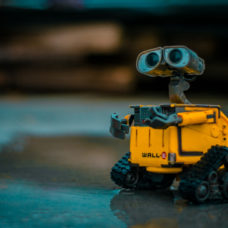After successfully defeating the world champions in AlphaGo and StarCraft II, researchers from Google Brain and DeepMind now want to create another AI agent that can play the Hanabi card game.
Hanabi is a cooperative card game involving a series of cards in a specific order to set off a simulated fireworks show. However, during the game, players only see their opponents’ cards but not their own.
Read More: AI First: Google’s AlphaStar Resoundingly Defeats StarCraft II Pro Players
According to the paper published on ArXiv.org, Hanabi needs “theory of mind” and a “higher level of reasoning”, things not required in the previous board and card games mastered by their AI.
“As with their predecessors of chess, checkers, and backgammon, these game domains have driven research by providing sophisticated yet well-defined challenges for artificial intelligence practitioners,” the researchers said in their paper.
“We continue this tradition by proposing the game of Hanabi as a new challenge domain with novel problems that arise from its combination of purely cooperative gameplay and imperfect information in a two to five player setting.”
Hanabi Card Game to Open New Frontiers in AI Research
In their paper, the researchers said that they would like to test the collaboration of artificially intelligent agents in situations where information is limited and only indirect communication is allowed.
Both Google Brain and DeepMind researchers believe that the Hanabi card game can significantly improve the reasoning of beliefs and intentions on some AI agents, making them prominent.
“We believe developing novel techniques capable of imbuing artificial agents with [a] theory of mind will not only be crucial for their success in Hanabi but also in broader collaborative efforts,” the team further explained.
Aside from winning Hanabi, the team is confident that instilling high levels of reasoning will enable the AI agents to collaborate with each other and with human partners.
The researchers also launched an open-source Hanabi learning environment which they designed to evaluate the algorithmic progress and assess the performance of sophisticated techniques today.



















Comments (0)
Least Recent